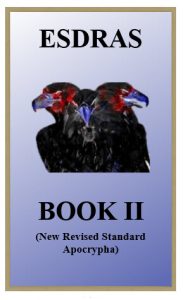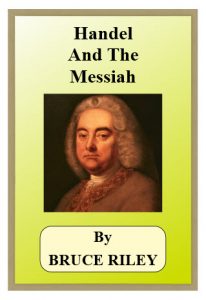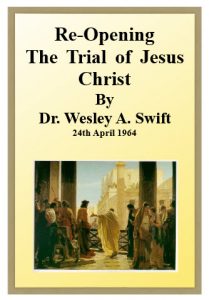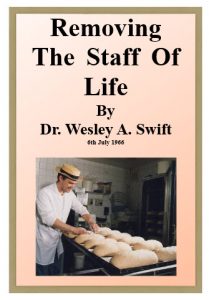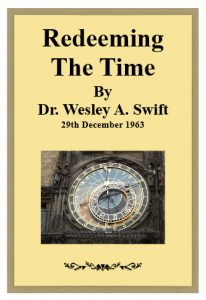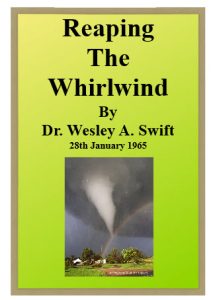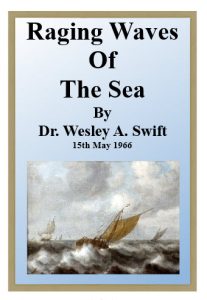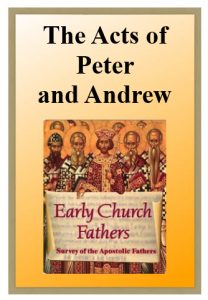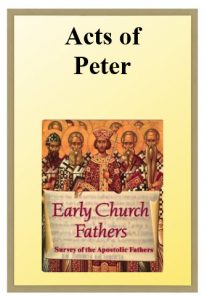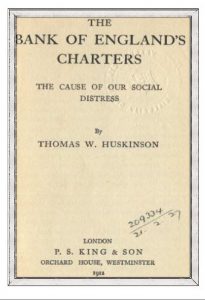Chapter 1
Note: What is sometimes called 5 Ezra (chapters 1-2), 4 Ezra (chapters 3-14), and 6 Ezra (chapters 15-16)
1. The book of the prophet Ezra son of Seraiah, son of Azariah, son of Hilkiah, son of Shallum, son of Zadok, son of Ahitub,
2 son of Ahijah, son of Phinehas, son of Eli, son of Amariah, son of Azariah, son of Meraimoth, son of Arna, son of Uzzi, son of Borith, son of Abishua, son of Phinehas, son of Eleazar,
3 son of Aaron, of the tribe of Levi, who was a captive in the country of the Medes in the reign of Artaxerxes, king of the Persians.
4 The word of the Lord came to me, saying,
5 “Go, declare to my people their evil deeds, and to their children the iniquities that they have committed against me, so that they may tell their children’s children
6 that the sins of their parents have increased in them, for they have forgotten me and have offered sacrifices to strange gods.
7 Was it not I who brought them out of the land of Egypt, out of the house of bondage? But they have angered me and despised my counsels.
8 Now you, pull out the hair of your head and hurl all evils upon them, for they have not obeyed my law—they are a rebellious people.
9 How long shall I endure them, on whom I have bestowed such great benefits?
10 For their sake I have overthrown many kings; I struck down Pharaoh with his servants and all his army.
